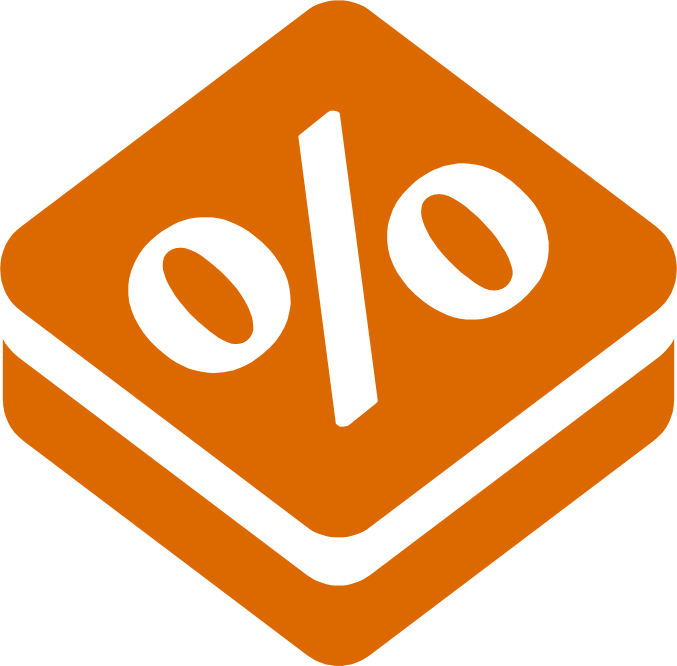Deduction of VAT is granted for costs incurred in conjunction with the sale of shares in subsidiaries
 ‹ Back to the articles
‹ Back to the articles
 The Supreme Administrative Court has determined in a decision that a company can be granted deduction of input VAT on costs arising in conjunction with the sale of shares in subsidiaries. These costs have previously been considered as non-deductible in terms of VAT. The circumstances in the case were special, but the decision, still, opens up a certain possibility for companies to claim deduction of input VAT on costs in conjunction with the sale of shares in subsidiaries.
The Supreme Administrative Court has determined in a decision that a company can be granted deduction of input VAT on costs arising in conjunction with the sale of shares in subsidiaries. These costs have previously been considered as non-deductible in terms of VAT. The circumstances in the case were special, but the decision, still, opens up a certain possibility for companies to claim deduction of input VAT on costs in conjunction with the sale of shares in subsidiaries.
The company in question had operations under its own management, but also through subsidiaries. These operations are within forestry, insurance and paperboard manufacturing. The issue in the case referred to whether the company was to be granted deduction of input VAT on costs arising in conjunction with the company selling shares in subsidiaries with the aim of improving the effectiveness of the remaining VATable operations (in the forestry industry) and with the aim of freeing up capital for these operations.
In legal practice, an entity undertaking VATable operations has the right to deduct input VAT attributable to purchases undertaken in the VATable operations. Deduction of input VAT is, however, not granted if the costs have a direct and immediate link with the sale of shares in commercial operations. The right to deduction of input VAT exists even when the costs comprise a part of the company’s general overheads and, therefore, comprise a cost component included in the price of the goods or services provided in the company’s VATable operations. Such costs have, in fact, in practice, been seen to have a direct and immediate link with the taxable person’s economic activity as a whole (this is stated, for example, in the EU legal case Sveda).
In the decision in question the Supreme Administrative Court stated that the ECJ during recent years has developed practice towards a more purpose-oriented and almost functional view when assessing whether a transaction that has been undertaken can objectively be seen to be related to the taxable person’s economic activity as a whole. In addition, the Court concluded that it was to be presumed that the costs for the consulting services (regarding which the company had claimed deduction of input VAT) could not be passed on to the purchasers of the subsidiaries.
In other words, the costs were not seen to be associated with the sale of shares, but, instead, were seen to be included in the price of the company’s products in the forest management operations. Against this background, the Court determined that the costs in conjunction with the sale of shares were to be seen to have a direct and immediate link with the company’s economic activity as a whole, as the sale aimed at improving the effectiveness of the remaining VATable operations and at freeing up capital for these operations.
Comments
Our assessment is that the Court is opening up the possibility to grant deduction of input VAT on costs in conjunction with the sale of shares in companies. However, this presumes that the costs in question can be seen to be linked with the VATable operations undertaken, as a whole, by the company. However, the circumstances in the case were quite special and the decision does not indicate the grounds provided by the company in evidencing that the sale of shares aimed at improving the effectiveness of the remaining operations and at freeing up capital for those operations.
It remains to be seen how the Tax Agency will choose to interpret this decision. From the perspective of providing evidence, in certain cases it can be difficult to show that costs incurred in conjunction with a sale of shares are linked with a company’s remaining operations. According to our view, such evidence could be comprised, for example, of proof of strategic decisions on future operations, such as, the sale of an entire line of business in a group. However, we deem the evidentiary base as being more complicated in structures where subsidiaries are acquired and actively administering with the aim of subsequently selling the shares in question.
We recommend that companies undertake the following measures:
- The company should make an inventory to determine if it has incurred, since 2011, costs in conjunction with the sale of shares where there has been no claim for deduction of input VAT.
- If the company can evidence that there is a link with a remaining VATable operation, the company should apply for a reassessment and claim deduction of input VAT on actual costs. It can be expected that the evidence provided in this context will be examined and we recommend that the request for review is openly disclosed.
- In the future, the company should make a deduction of VAT on costs arising in conjunction with a sale where a link exists with the VATable operations in the company as a whole. However, given the lack of legal clarity in this context, such a claim for deduction should be openly disclosed.
.png?width=210&name=TM_Sara%20Lorenskog%20(1).png)
Sara Lörenskog
010-213 35 56
+46 10 213 35 56

Leave a comment